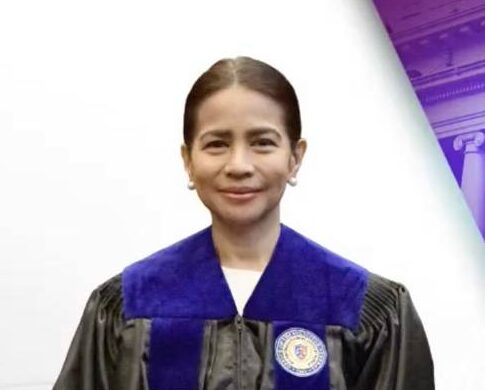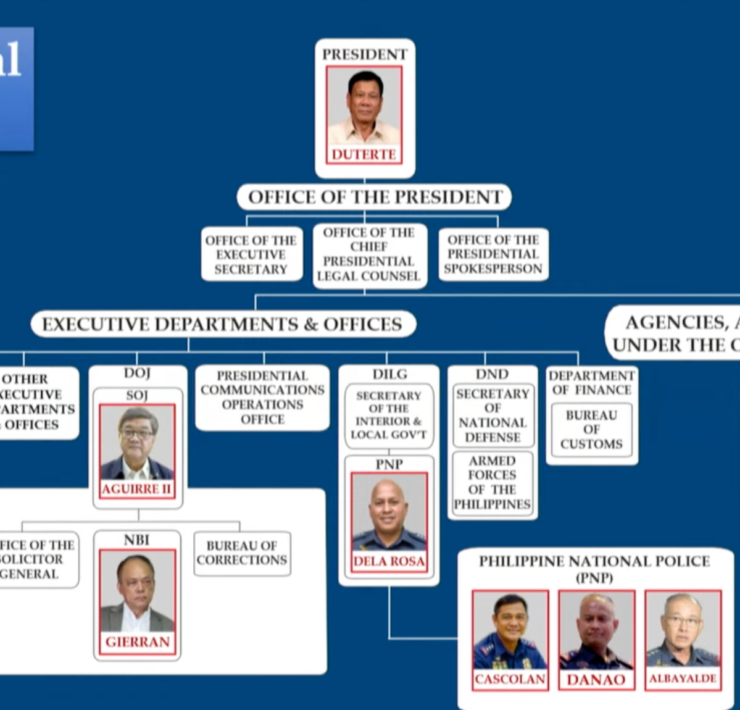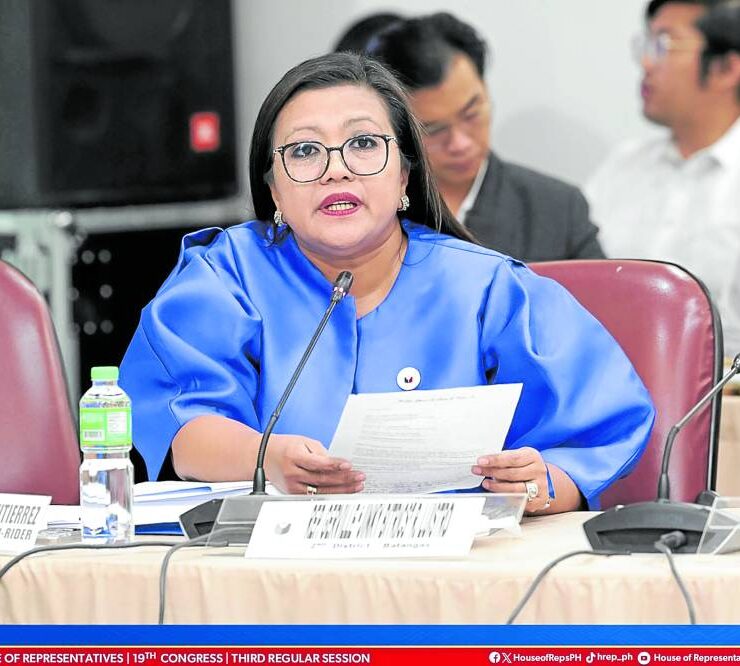SolGen Berberabe argues vs foreign divorce in PH

Allowing foreign divorce in the country could create a “backdoor to absolute divorce” among Filipino citizens, Solicitor General Darlene Marie Berberabe warned in an argument presented at the Supreme Court on Tuesday.
Making her first formal appearance at the high tribunal as the top government counsel, Berberabe sought to block a petition filed by a Filipino male who obtained a foreign divorce, later became a naturalized American citizen, and eventually reacquired Philippine citizenship.
The petitioner married the respondent in Quezon, Nueva Ecija, in 2000.
A decade later, in 2010, their marriage was dissolved through divorce proceedings he initiated in the United States.
He became a naturalized American in 2019 and reacquired his Filipino citizenship the following year.
After he failed to secure a favorable ruling from the Nueva Ecija trial court on his petition to recognize the divorce he obtained abroad, he elevated the matter to the Supreme Court.
No power to choose
In his petition, he argued that a Filipino citizen who initiates a foreign divorce against a Filipino spouse abroad and subsequently acquires citizenship in a country that allows divorce should be treated the same as a Filipino spouse who is on the receiving end of divorce proceedings initiated by a foreigner.
But in her opening statement, Berberabe said granting the petition could encourage Filipinos to go abroad, change citizenship, and obtain divorce in other countries.
“Dual citizenship does not give someone the power to pick and choose which laws to follow depending on convenience. This honorable court should therefore be wary of opening a backdoor to absolute divorce between Filipino citizens,” she said.
Recognizing a foreign divorce simply because one party later changed citizenship undermines both the nationality principle and the state policy disallowing divorce, Berberabe added.
“We also risk encouraging a trend where Filipino citizens go abroad, obtain a divorce, then switch citizenship to have that divorce recognized at home. That is not what the law provides and it is not what the framers intended,” she added.
Berberabe also noted that when the petitioner divorced his wife in the United States in 2010, both were still Filipino citizens. Though he became an American years after and later reacquired Filipino citizenship, she noted that he and his wife remained Filipinos at the time of the divorce.
“On that basis alone, Your Honors, the petition should be denied,” she told the Supreme Court justices.
‘Absurd situation’
Berberabe cited the Constitution, which declares marriage as the foundation of the family and obligates the State to protect and strengthen it.
She also cited the Family Code, which defines marriage as a special contract of permanent union, one whose effects cannot be subject to personal preferences or private agreements.
Article 26 of the Family Code recognizes certain foreign divorces, but only as an exception: when the marriage is between a Filipino and a foreigner.
Berberabe argued that this exception is rooted in reason and legislative intent, which is to “avoid the absurd situation where a Filipino will remain legally bound to a foreign spouse who under foreign law has already been released from their matrimonial bond.”
“Article 26, paragraph 2 exists today because then President Corazon Aquino approved its inclusion in our Family Code with one critical caveat—that it should not apply to Filipino couples who simply obtain a foreign divorce abroad,” she said.
To rule otherwise, she warned, would “unduly discriminate” between Filipinos who can afford to travel abroad to end their marriages and the vast majority who cannot.





















